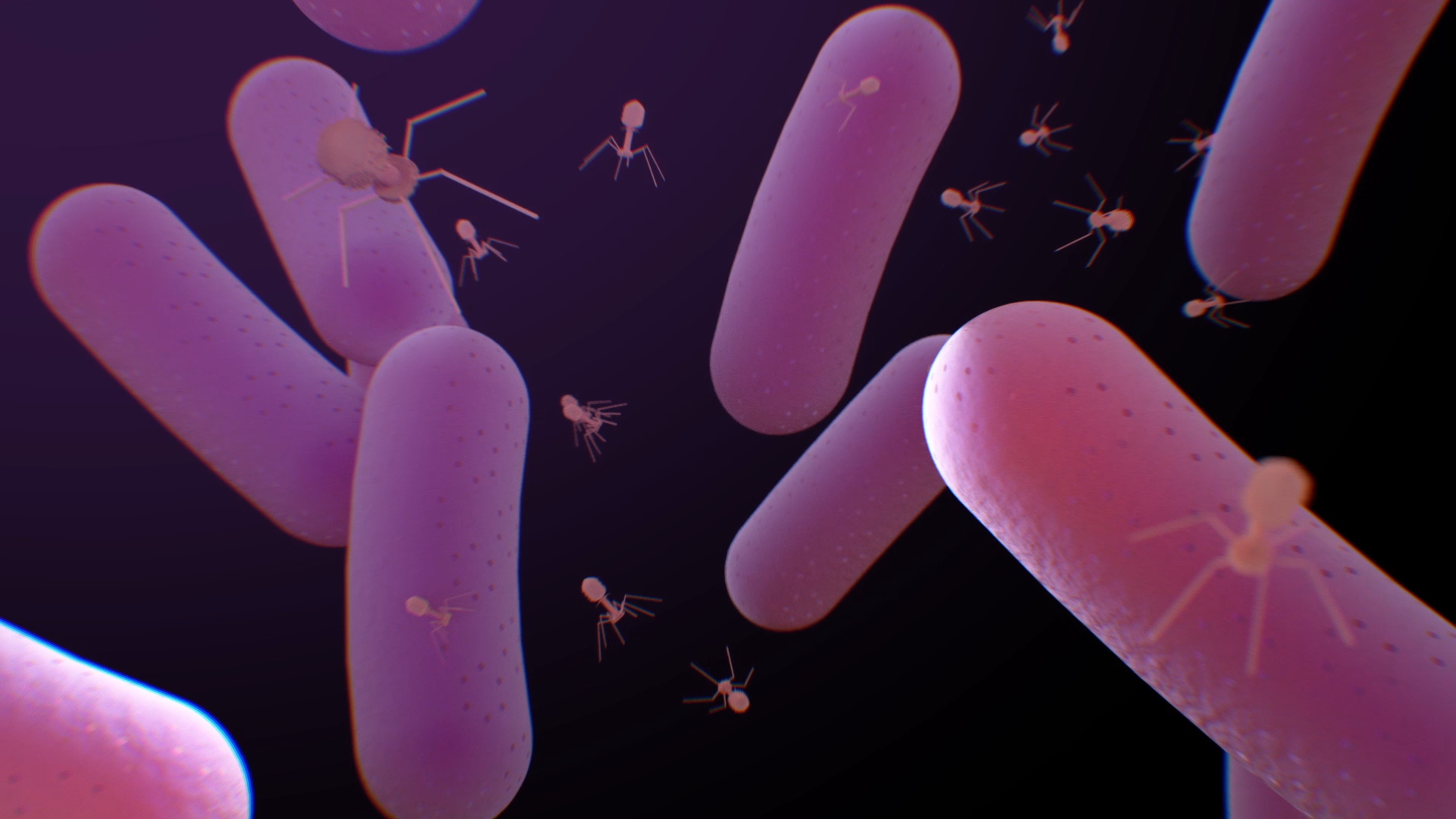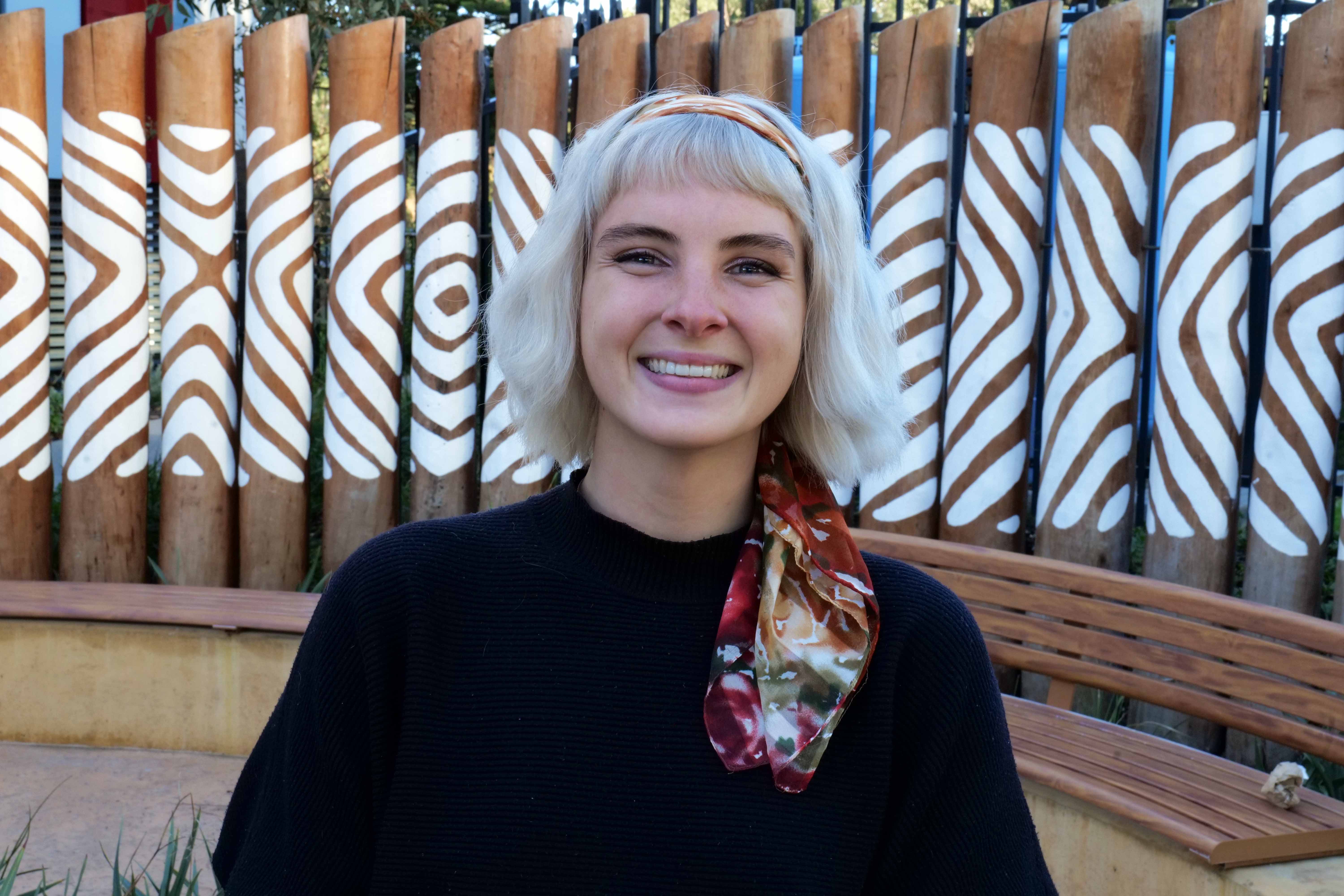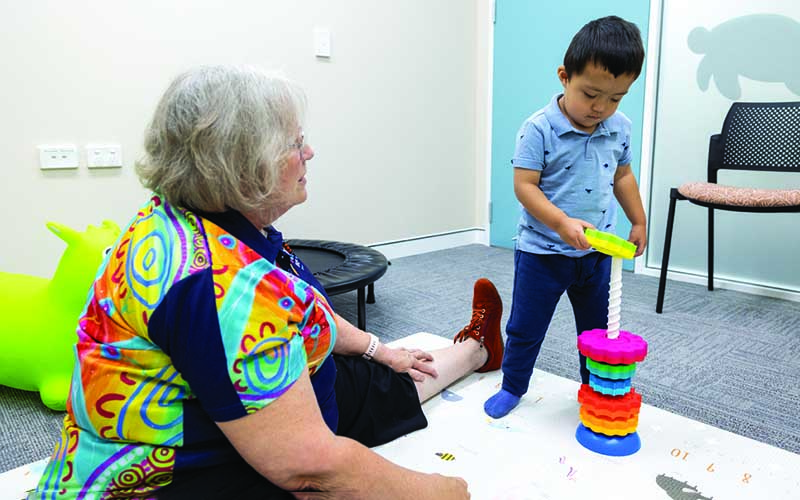Search
Showing results for "1"

News & Events
A new phage discovery in the fight against Antimicrobial ResistanceJack Canning, a PhD researcher in the Wal-yan Respiratory Centre’s Phage WA team, has made a significant finding in the search for alternative treatments to antimicrobial-resistant (AMR) bacteria.


People
Dr Charlie McLeodDr Charlie McLeod is a Deputy Head at the Wesfarmers Centre of Vaccines and Infectious Diseases, based at The Kids Research Institute Australia, and of a member of the Centre's Infectious Diseases Implementation Research (IDIR) team.


Discover how this family is benefitting from CliniKids' evidence-based therapies.
Research
A modular approach to forecasting COVID-19 hospital bed occupancyMonitoring the number of COVID-19 patients in hospital beds was a critical component of Australia's real-time surveillance strategy for the disease. From 2021 to 2023, we produced short-term forecasts of bed occupancy to support public health decision-making.
Research
The human milk microbiome is minimally associated with breastfeeding practicesThe human milk microbiome is dominated by typical oral and skin bacteria, suggesting that bacterial communities from the infant mouth and maternal skin contribute to the development of the human milk microbiome. It is postulated that breastfeeding characteristics, such as breastfeeding frequency and duration, could lead to different levels of exposure to oral and skin bacteria, and subsequently, altered bacterial profiles in human milk.
Research
An exploratory qualitative study of inter-agency health and social service partnerships focused on Aboriginal and Torres Strait Islander clientsThe siloed nature of the health and social service system threatens access for clients engaging numerous organisations. Many Aboriginal and Torres Strait Islander people face adverse circumstances which contribute to multiple health and social needs. Effective relationships between health and social services are integral to coordinated service provision to meet the diverse needs of Aboriginal and Torres Strait Islander clients.
Research
Key elements of Goal-Directed Training for children with cerebral palsy: A qualitative content analysisGoal-directed training is an evidence-based occupational therapy intervention for children with cerebral palsy targeting motor performance and goal attainment. There is variability and limited description on goal-directed training delivery within the studies who found it a successful intervention. The aim of this study was to establish the who, what, why and how of goal directed training according to practicing occupational therapists.
Research
Process evaluation of a randomised controlled trial intervention designed to improve rehabilitation services for Aboriginal Australians after brain injury: the Healing Right Way TrialHealing Right Way (HRW) aimed to improve health outcomes for Aboriginal Australians with stroke or traumatic brain injury by facilitating system-level access to culturally secure rehabilitation services. Using a stepped-wedge randomised controlled trial design, a two-pronged intervention was introduced in four rural and four urban hospitals, comprising cultural security training for staff and training/employment of Aboriginal Brain Injury Coordinators to support Aboriginal patients for 6-months post-injury.
